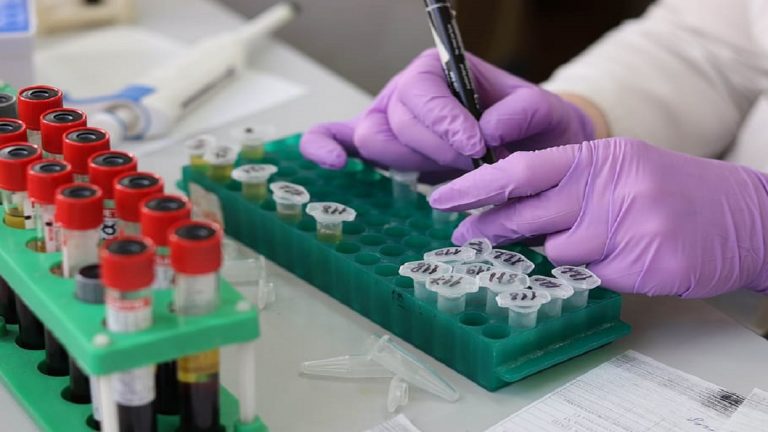Measured serum proteins include total proteins, albumin and globulin. The latter can be separated by electrophoresis into α-globulin, β-globulin and γ-globulin.
Total proteins level measured in plasma is higher than that measured in serum, this because another protein present in plasma, which is fibrinogen.
Commercially supplied kits are able to measure total proteins and albumin only, the globulin level is calculated mathematically by subtracting the albumin level from total proteins levels.
Total proteins and its fractions are helpful in diagnosis of a variety of diseases. Inflammatory diseases are associated with hyperproteinemia, hyperglobulinemia and hypoalbuminemia. The increased total proteins levels are attributed to elevated globulin as a response to inflammation. Albumin is classified as a negative acute phase protein and usually decreases in inflammation.
Increased serum total proteins and its fractions especially albumin level occurs in dehydration.
Albumin, α-globulin and β-globulin are synthesized in the liver, the decreases in their serum levels are indicative for liver dysfunction only when associated with decreased serum total proteins levels.
Other causes for hypoproteinaemia include, renal protein loss, intestinal protein loss, hemorrhage, dietary protein deficiency, malabsorption of proteins.




![Academic Opportunities at Ontario Tech University [CA]](https://scholaridea.com/wp-content/uploads/2022/07/ontario-768x432.jpg)